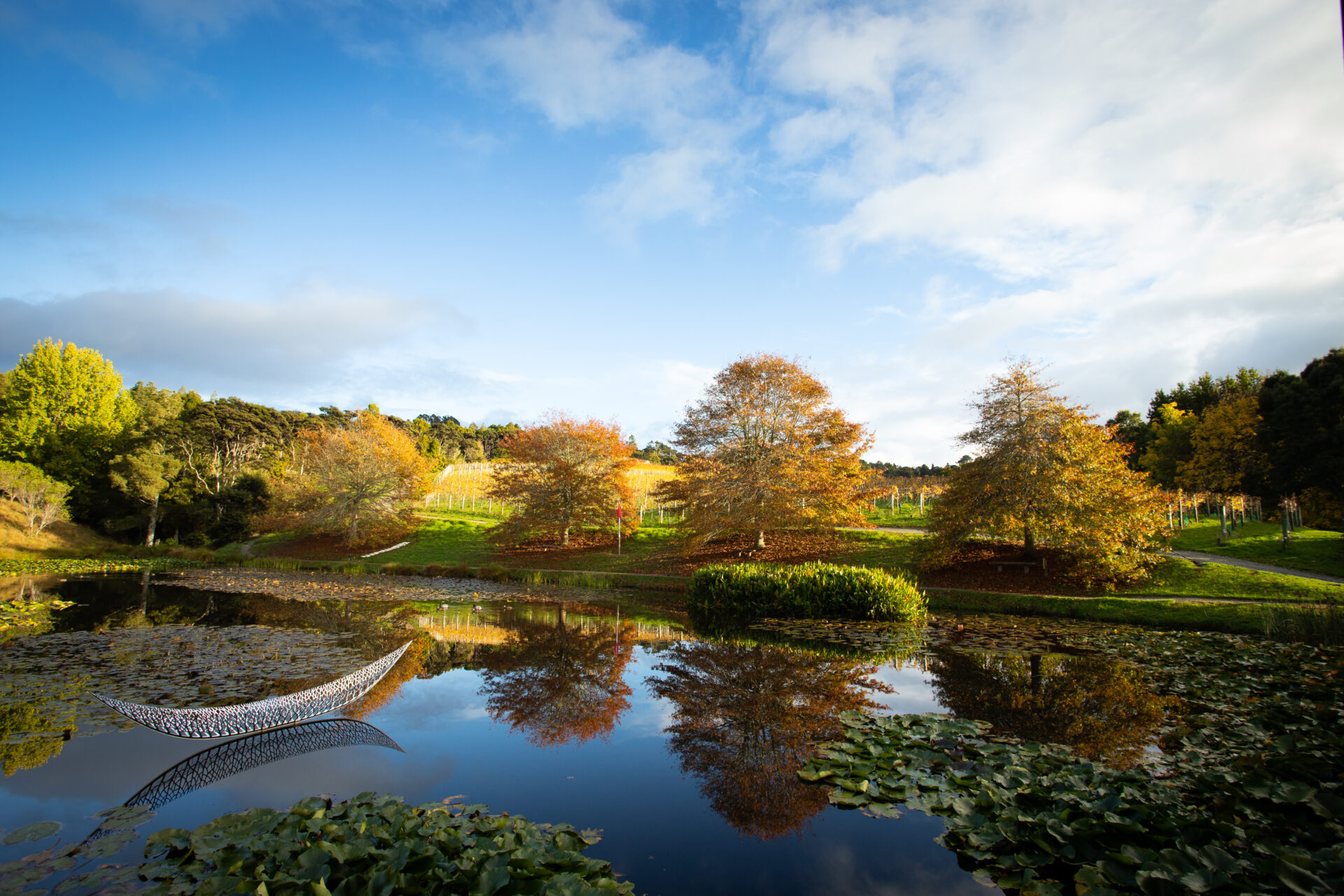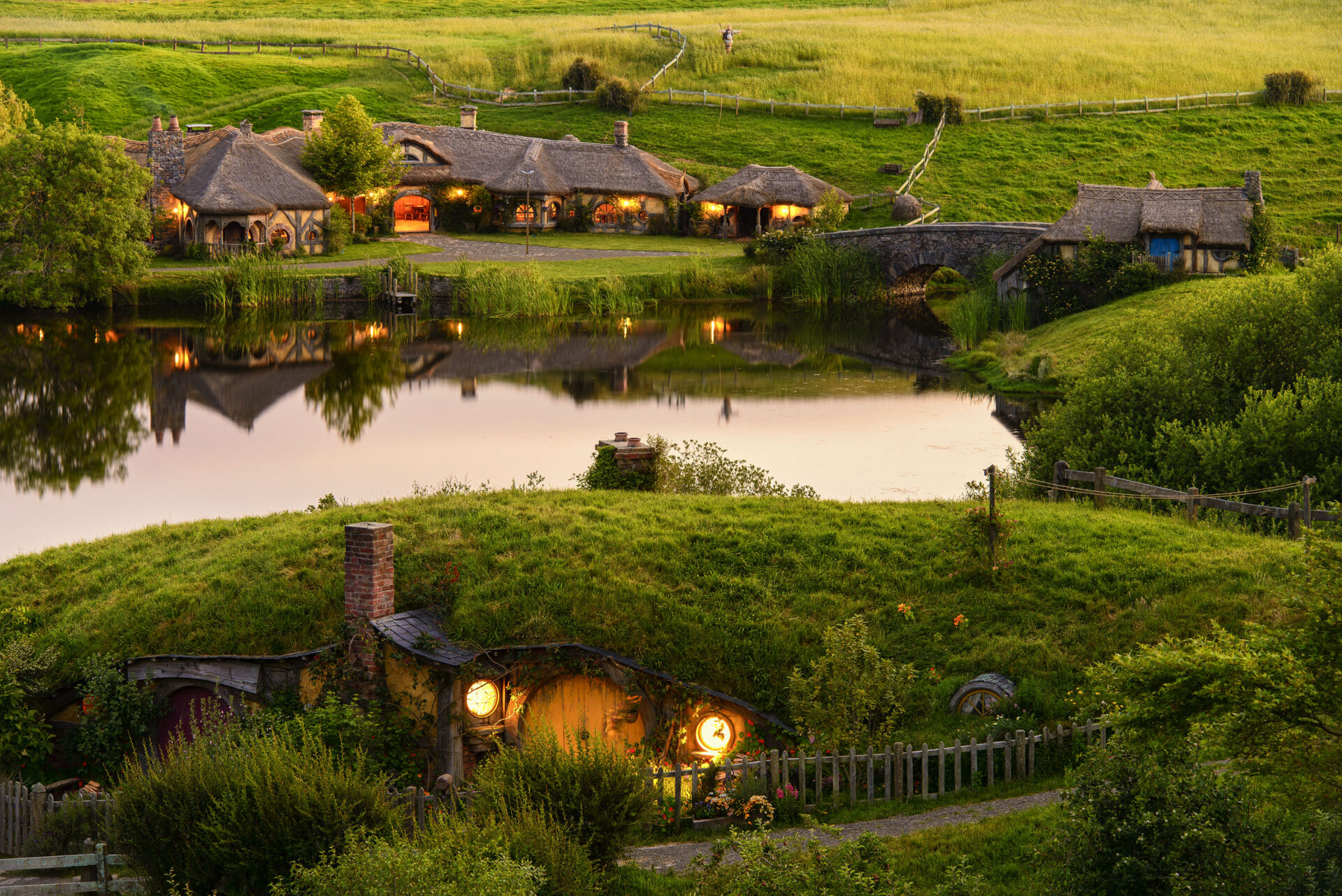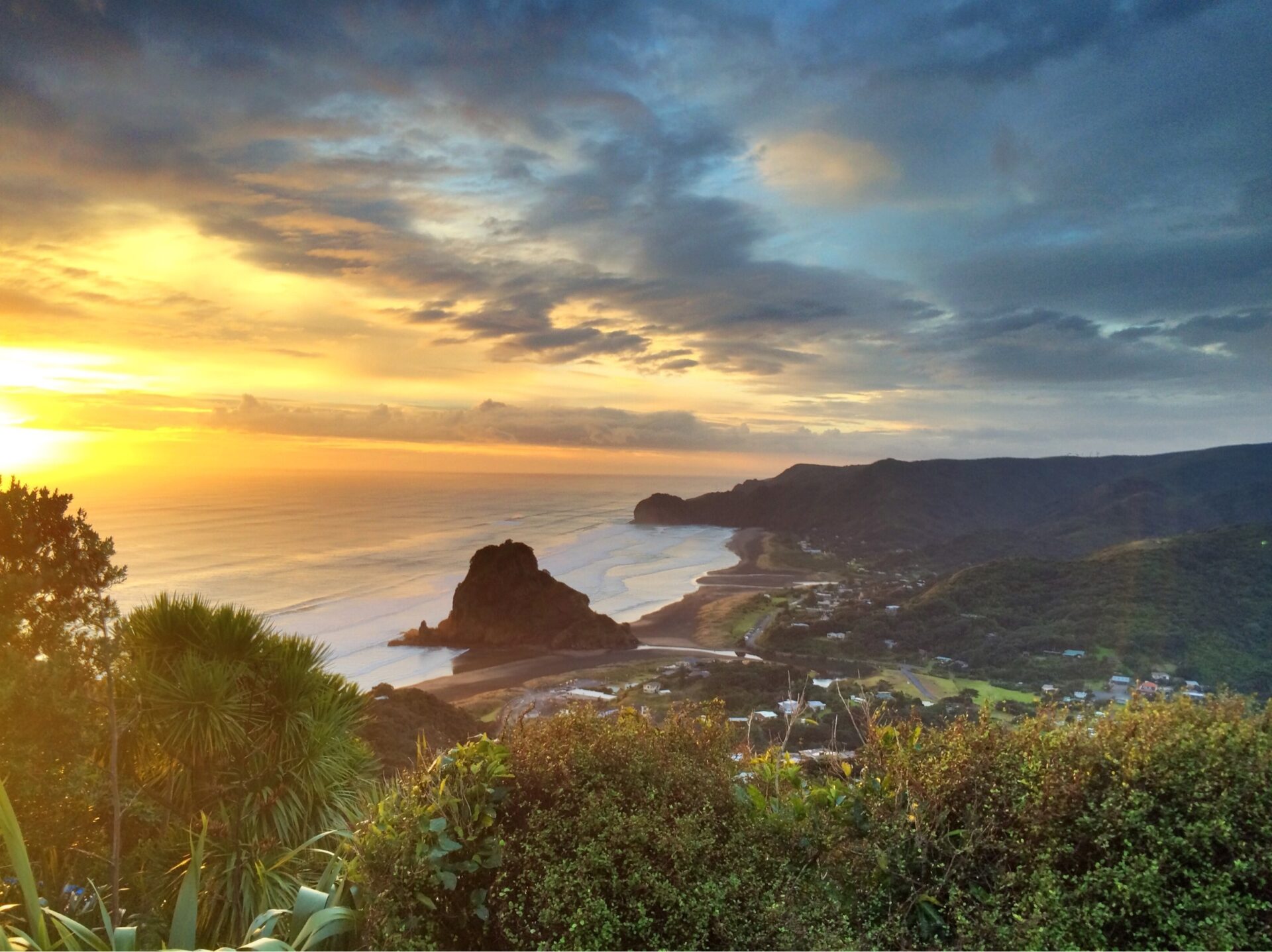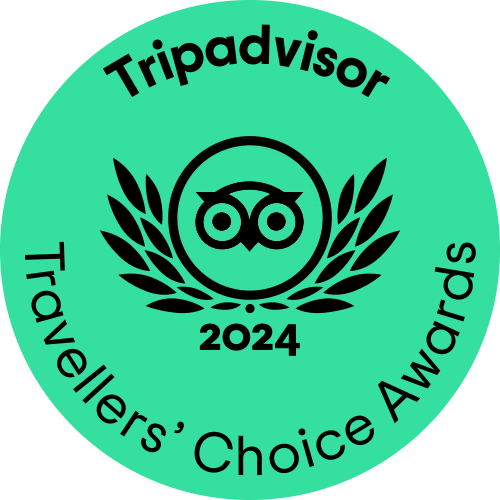
Nestled on the North Island of New Zealand, Rotorua stands as a captivating destination that not only boasts stunning natural landscapes but also serves as the beating heart of Māori culture. Renowned for its geothermal wonders, vibrant traditions, and warm hospitality, Rotorua offers a unique and enriching experience for visitors seeking an authentic encounter with the indigenous Māori heritage.
A Welcoming Spirit
New Zealand’s cultural landscape is deeply woven with the vibrant threads of the Māori people, the indigenous Polynesian settlers who have called the islands home for over a thousand years. Māori culture is a dynamic and living tradition, a testament to the resilience, spirituality, and rich heritage of this remarkable community. The most enduring aspect of Māori culture in Rotorua is the warmth and hospitality extended to visitors. The concept of manaakitanga, or hospitality, is deeply ingrained in Māori culture. Whether you are participating in a cultural experience, enjoying a traditional hangi, or simply exploring the geothermal wonders, the Māori people of Rotorua welcome you with open arms, eager to share their stories and traditions.
Origins and Migration:
Māori culture traces its roots back to the Polynesian navigators who ventured across vast ocean expanses to reach the shores of Aotearoa, the Māori name for New Zealand. Their incredible navigation skills and intimate connection with the ocean enabled them to embark on this epic journey, bringing with them a unique blend of language, customs, and beliefs.
Language – Te Reo Māori:
At the heart of Māori identity is the language, Te Reo Māori. This language serves as a vessel for the transmission of ancestral knowledge, myths, and traditions. Efforts to revitalize and preserve Te Reo Māori are ongoing, reflecting the importance of language in maintaining the cultural integrity of the Māori people.

Whakapapa – Genealogy and Connection:
Whakapapa, the Māori concept of genealogy, is fundamental to understanding the interconnectedness of all things. It traces the lineage of individuals, emphasizing the relationship between people, land, and the spiritual world. Whakapapa is a living narrative that weaves together past, present, and future, fostering a deep sense of identity and belonging.
Spirituality – Tikanga and Kawa:
Māori spirituality is intricately intertwined with the natural world. Tikanga and Kawa encompass the customs, rituals, and protocols that govern various aspects of Māori life. Tapu (sacred) and Noa (common) guide interactions, ensuring a harmonious balance between the spiritual and physical realms.
Whānau and Community:
Central to Māori culture is the concept of whānau, meaning family, which extends beyond biological ties to encompass a broader sense of community. The spirit of hospitality, known as manaakitanga, is deeply ingrained, emphasizing the importance of caring for and supporting one another.
While rooted in ancient traditions, Māori culture is far from static. It has evolved and adapted to the challenges of colonization, urbanization, and globalization. Māori communities continue to thrive, maintaining a delicate balance between preserving their cultural heritage and engaging with the modern world.

Geothermal Wonders
Rotorua’s distinctive landscape is shaped by its geothermal activity, creating a surreal environment of bubbling mud pools, steaming hot springs, and erupting geysers. Among the most famous is the Pohutu Geyser in the Whakarewarewa Thermal Valley, reaching heights of up to 30 meters. The geothermal sites not only provide a breathtaking display of nature’s power but also hold significant cultural importance for the Māori people, who have lived in harmony with these geothermal wonders for centuries.

Te Puia – Home of Māori Arts and Crafts
Māori artistic expressions are diverse and encompass carving, weaving, and tattooing. Intricately carved meeting houses (wharenui) and canoes (waka) stand as testaments to the mastery of Māori carving traditions. Weaving, using techniques such as whiri (plaiting) and raranga (weaving), produces beautiful and functional items, while Moko, traditional facial tattoos, serve as markers of identity and prestige.
Te Puia is another cultural gem in Rotorua, dedicated to preserving and showcasing Māori arts and crafts. The New Zealand Māori Arts and Crafts Institute, located within Te Puia, offers visitors a chance to witness the intricate process of carving and weaving, skills that have been passed down through generations. The institute also houses the National Schools of Carving and Weaving, ensuring the continuation of these traditional art forms.

Māori Hangi Experience
No visit to Rotorua would be complete without indulging in a Māori hangi, a traditional method of cooking food using heated rocks buried in the ground. Mitai Māori Village, among other cultural venues, provides an authentic Māori hangi experience. Guests are treated to a feast of succulent meats, vegetables, and desserts, all cooked using this ancient culinary technique. The experience is not just about the food; it’s a celebration of Māori hospitality and the spirit of sharing.

Cultural Performances
Auckland and Beyond Tours transform your cultural appreciation with vibrant Māori performances. These shows, encompassing traditional dances, songs, and storytelling, provide a comprehensive understanding of Māori history and values. With Auckland and Beyond Tours, you’ll witness the captivating connection between the Māori people and their land, making your journey an educational and entertaining experience.
The haka, a powerful and rhythmic dance, has become globally recognized as an iconic symbol of Māori culture. Often performed with intense facial expressions and vigorous movements, the haka embodies the spirit, pride, and unity of the Māori people. Waiata, or songs, complement the haka, conveying stories, emotions, and history through melodic expressions.
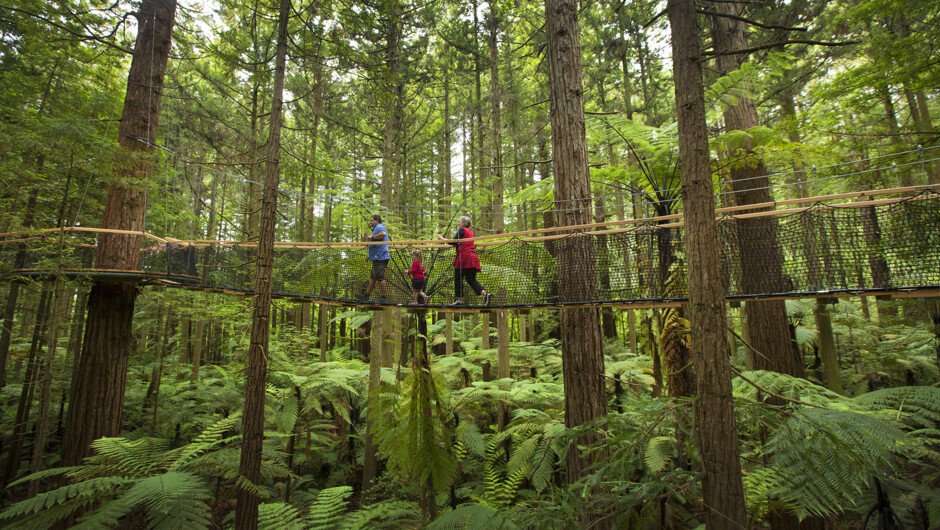
Why Should you visit Rotorua?
The city is surrounded by a stunning network of lakes, each with its own charm. Whether it’s Lake Rotorua, Lake Tarawera, or the Blue and Green Lakes, the scenic beauty is a photographer’s delight.
With its unique combination of geothermal wonders, Māori culture, and outdoor adventures, promises a travel experience that transcends the ordinary. Whether you seek relaxation, cultural enrichment, or thrilling activities, Rotorua welcomes you with open arms and a wealth of experiences waiting to be discovered.
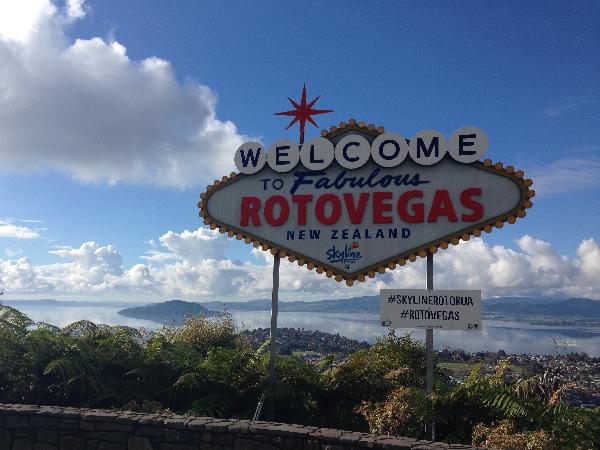
Why is Rotorua called Rotovegas?
Rotorua is a haven for adventure enthusiasts. Whether it’s ziplining through ancient forests, mountain biking on world-class trails, or experiencing the thrill of white-water rafting, the city offers a variety of outdoor activities.
The nickname “Rotovegas” may playfully suggest that Rotorua offers a similar excitement and entertainment value as Las Vegas, albeit on a smaller scale.
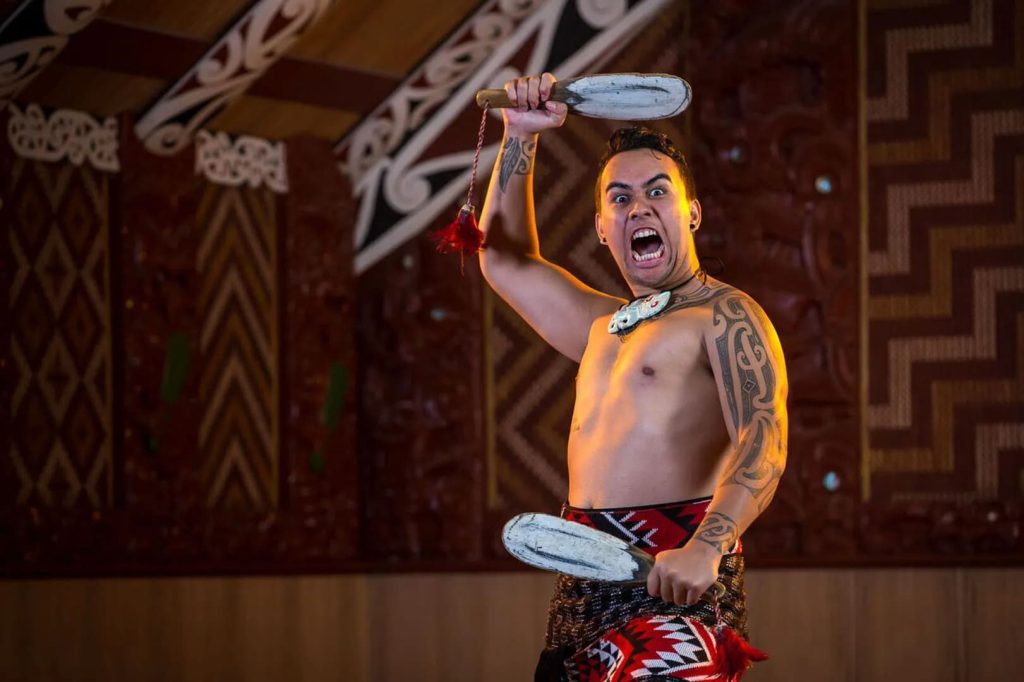
Is Rotorua worth a visit?
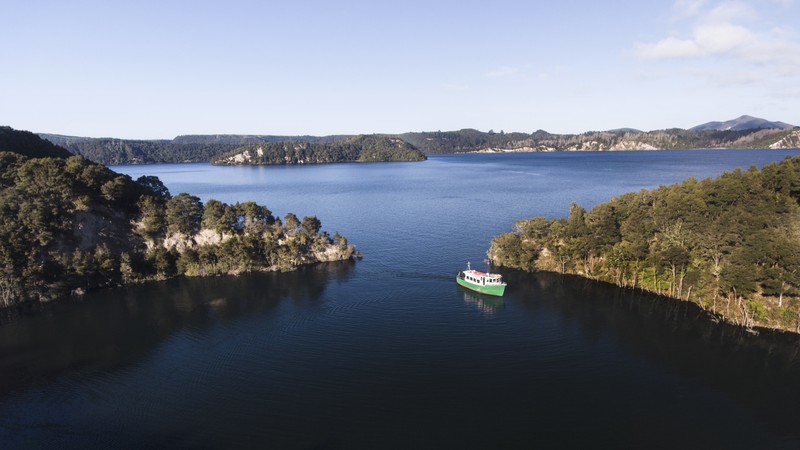
How many days should I spend in Rotorua?
- 1 Day: To fully appreciate the geothermal wonders and Māori cultural experiences, allocate this day to explore sites like Te Puia. Attend a cultural performance, learn about traditional arts and crafts, and enjoy a Māori hangi. Book a private day tour from Auckland if you don’t have the time to stay longer.
- 2-3 Days: If you’re an adventure enthusiast, plan an extra day or two for activities such as ziplining, mountain biking, white-water rafting, or exploring the Redwoods Forest. Rotorua offers numerous adrenaline-pumping adventures for thrill-seekers.
- 3-4 Day: Take a day to relax and explore the serene beauty of the lakes surrounding Rotorua. Consider a visit to the Redwoods Treewalk, enjoy a boat cruise in lake Rotomahana, or unwind in one of the region’s natural hot springs.
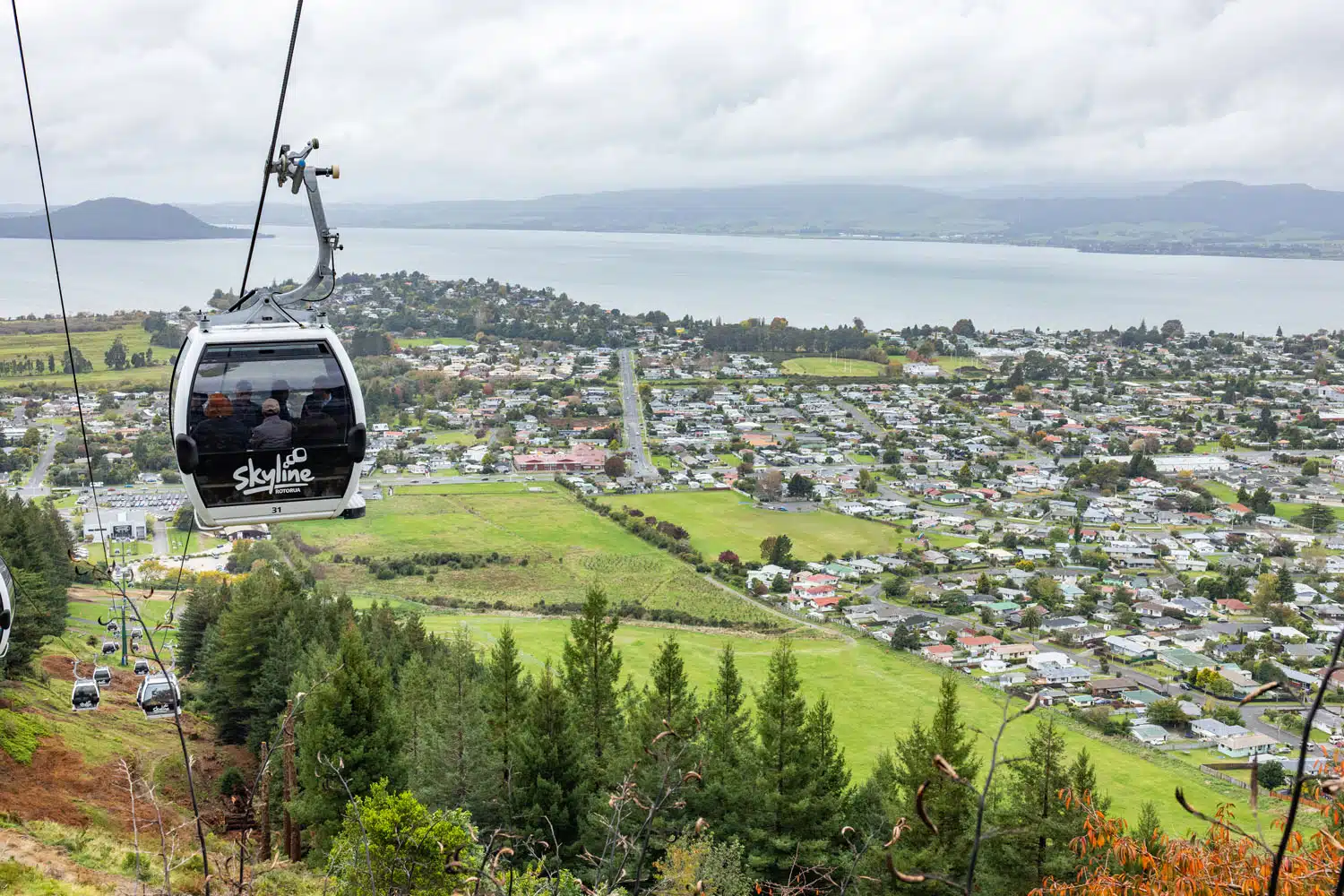
If you’re traveling with family, attractions like the Agrodome, Rainbow Springs, and the Skyline Rotorua Gondola offer family-friendly entertainment. If you have the flexibility, consider adding extra days to your Rotorua stay to allow for a more relaxed pace, spontaneous exploration, or to revisit favorite spots.
Remember that this suggested timeframe is a general guideline, and your preferences and travel style may influence the duration of your stay. Whether you’re interested in cultural immersion, outdoor adventures, or a combination of both, Rotorua’s diverse offerings make it a versatile destination suitable for various lengths of stay.
Do I need to stay overnight in Rotorua?
No, you can book a small group day tour including return transfer from Auckland.
You can also visit the Hobbiton Movie Set or Waitomo Glow Worm Caves on the same day trip.
Where should I stay in Rotorua?
If you decide to stay overnight, Rotorua offers a diverse range of accommodations to suit various preferences and budgets. The choice of where to stay depends on your interests, preferred amenities, and the type of experience you seek. Here are some popular areas and accommodation options in Rotorua:
1. City Center:
- Pros: Close to restaurants, shops, and attractions. Convenient for exploring the city’s cultural and historical sites.
- Accommodations: Hotels, motels, and serviced apartments ranging from budget to luxury.
2. Lakefront Area:
- Pros: Serene views of Lake Rotorua. Relaxing atmosphere with lakeside walks.
- Accommodations: Lakeside hotels and resorts with various amenities.
3. Fenton Street:
- Pros: Proximity to geothermal attractions and cultural experiences. Good options for dining.
- Accommodations: Range from mid-range to luxury hotels and motels.
4. Whakarewarewa Village Area:
- Pros: Close to the Whakarewarewa Thermal Valley and Te Puia. Offers a unique cultural experience.
- Accommodations: Motels and lodges with Māori cultural themes.
5. Ohinemutu Village:
- Pros: Rich in Māori culture. Near Lake Rotorua and the Rotorua Museum.
- Accommodations: Limited, but there are some bed and breakfast options.
6. Government Gardens Area:
- Pros: Central location near the Rotorua Museum and the Government Gardens.
- Accommodations: Boutique hotels and lodges.
7. Victoria Street:
- Pros: Close to shops, cafes, and restaurants. Walking distance to some attractions.
- Accommodations: Motels, lodges, and bed and breakfast options.
8. Rotorua Suburbs:
- Pros: Quieter surroundings. Good if you prefer a more residential setting.
- Accommodations: Bed and breakfasts, holiday parks, and motels.
9. Hot Springs Area:
- Pros: Proximity to hot springs and spa facilities. A relaxing atmosphere.
- Accommodations: Resorts and hotels with spa amenities.
10. Ngongotaha Village:
- Pros: A suburb with a village atmosphere. Close to the Agrodome and other family-friendly attractions.
- Accommodations: Motels, holiday parks, and bed and breakfasts.
When choosing accommodation in Rotorua, consider your preferences for proximity to attractions, the type of experience you want, and any specific amenities you desire. Booking in advance is advisable, especially during peak tourist seasons. Whether you’re looking for luxury resorts such as on the point, family-friendly options such as Pullman Rotorua, or budget-friendly motels, Rotorua has a variety of accommodations to suit your needs.

Conclusion
Māori culture is a living, breathing expression of identity, interconnectedness, and resilience. It invites all to listen to the stories embedded in Te Reo Māori, witness the beauty of traditional arts, and feel the power of the haka – an open invitation to discover the richness of Māori culture and its enduring impact on the cultural tapestry of Aotearoa.
As you explore Rotorua, the heart of Māori culture, let Auckland and Beyond Tours be your trusted companion. From Auckland’s urban allure to the captivating landscapes of Rotorua, this tour company ensures a seamless and enriching experience. Your journey becomes not just a visit to destinations but a true exploration of the soul of Māori culture, leaving you with memories that extend far beyond the beauty of Rotorua.

